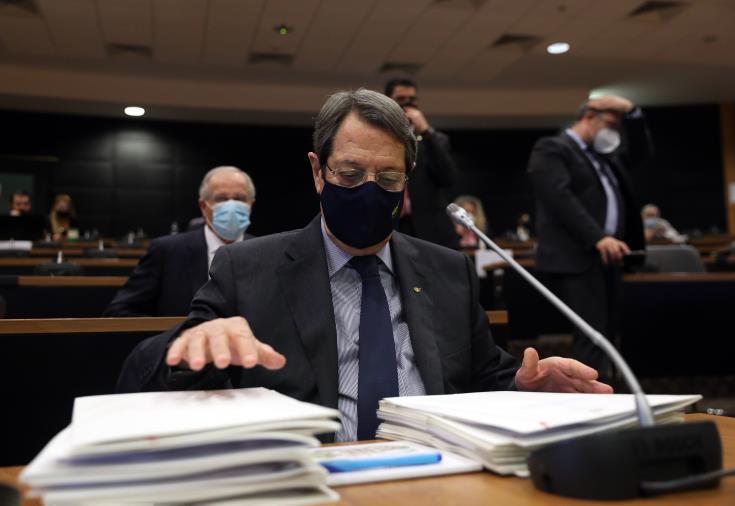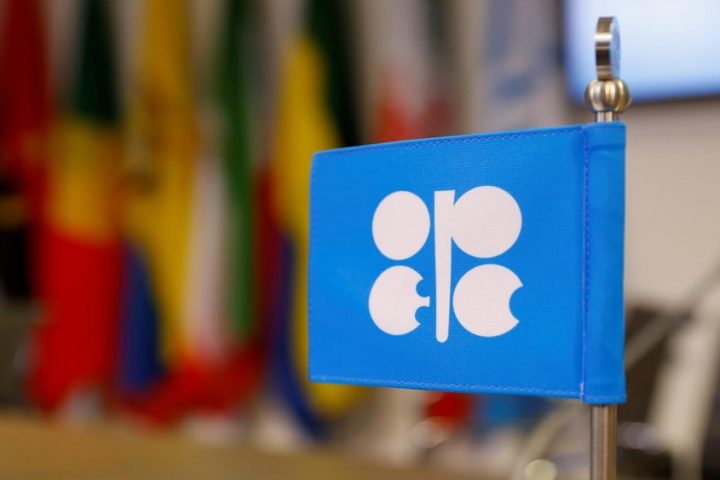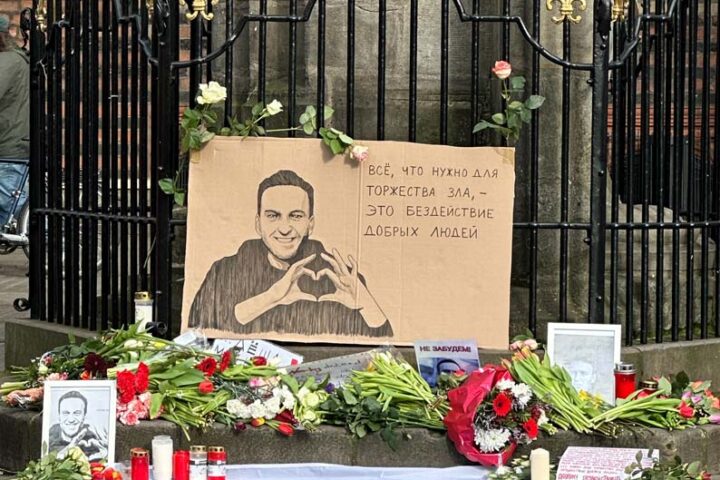Cyprus must face up to sins of the past and serve out punishment for financial fixers and high-ranking politicians implicated in money laundering and sanction busting if it wants to thrive as a business hub, say leading economists.
The latest investigation by the International Consortium of Investigative Journalists (ICIJ), dubbed ‘Cyprus Confidential’, shed light on Russia’s “long-standing hegemony” over Cyprus’ deeply intertwined political and financial worlds.
Cyprus Confidential is another damning report following the 2020 Al Jazeera sting revealing how officials aided dodgy foreign investors in obtaining a Cyprus passport and the Pandora Papers.
In 2021, the ICIJ released the Pandora Papers linking dozens of world and public leaders to secret financial dealings, among them then President Nicos Anastasiades.
In comments to the Financial Mirror, economist Stelios Platis said Cyprus will continue being at the centre of reports on international corruption scandals until it decides to clear its name by punishing wrongdoers.
“We have proven unable or unwilling to do so, as we stubbornly refuse to address the elephant in the room.
“For the last ten years or more, we have repeatedly seen the same name popping up in countless defamatory publications about Cyprus.
“And that is the name of the former President of the Republic. And not by chance,” said Platis.
The economics professor was referring to Nicos Anastasiades.
In the Cyprus Confidential leaks, AAnastasiades is accused by the ICIJ as responsible for serving Russian interests during Western sanctions.
In most of the 10 reports on the ICIJ website, the former President is portrayed by journalist Neil Weinberg as the man “who made all this possible.”
“The international press, like the ICIJ investigators, directly connect the institutional role of the former President with the activities of his former clients or the law firm that bears his name and in which his daughters remain shareholders,” said Platis.
Conflict of interest
He explained that this, if not more, is a clear-cut case of conflict of interest.
“Of course, a conflict of interest does not necessarily mean that there is corruption but that a person has the opportunity to exploit his position for personal gain.
“Corruption occurs when that person takes the opportunity and actually abuses their position for private gain.
“That is why serious states have strict mechanisms that prevent conflicts of interest, especially when talking about the top institutions of a Republic.”
Platis argued that conflict of interest, normally unacceptable in a democratic society, has become the norm in Cyprus.
“In any other democratic state, the publication about a conflict of interest, even if there is no evidence of corruption, would be enough to prompt the President’s immediate resignation and initiate a further investigation, possibly a criminal one.
“It goes without saying that all those who, either knowingly or negligently, allowed a distorted situation to flourish that served private interests at the expense of the wider public interest would have been ostracised.”
Platis claims that in Cyprus, the opposite is the rule.
“The current President of the Republic, the current Attorney General, and the current Assistant Attorney General were members of the Council of Ministers under Anastasiades and turned a blind eye to the former President’s conflict of interest.
“No matter how well-intentioned we are, the damage done is enormous,” claimed Platis.
He believes it is now difficult to convince serious foreign investors to invest in a country which is being tagged as a money laundering hub.
“What is worse, Cypriot businesses wanting to expand abroad have a hard time proving that they are not corrupt,” said Platis.
He explained that regulatory bodies are tougher on Cypriot firms opening abroad, as they carry the stain of the island’s tarnished reputation.
And due diligence procedures are tighter, boosting compliance costs for Cypriot companies.
“If we really want something better, punishment must come, creating new clean standards and laying the groundwork for a true rule of law.
“A state in which no conflict of interest and no cover-up can be tolerated.”
Sanctions
Another financial analyst, preferring to remain anonymous, argued that Cyprus did not take sanctions on Russia and its oligarchs seriously, at least not before the invasion of Ukraine in February 2022.
“Sanctions in Cyprus were not taken seriously before the invasion of Russia in Ukraine.
“Moscow and Russian oligarchs have faced sanctions from the UK and USA since 2014 when the country annexed Crimea,” said the analyst.
“However, nothing was done, with service providers and the government hiding behind the argument that sanctions were not EU-imposed and thus no wrongdoing was carried out.”
The analyst argued that “there is now an urgent need to ensure that Cyprus can effectively enforce sanctions, which sadly were not a priority for the previous government”.
“All EU members have had some sort of relationship with Russia to some extent.
“For Cyprus, it is the Business Services sector relationship, which has built up from the early 2000s with the presence of an offshore financial industry,” said the analyst.
The 2013 banking crisis and the bail-in imposed by international creditors increased Cypriot dependency on Russian money.
“Cyprus has done a lot to reduce its relationship with Russia, to overcome deficiencies in its compliance regarding financial crime and money laundering, especially in banking.
“However, this had proven inadequate; we have not seen radical changes.
“The system is at fault.
“It has taken forever for the Police or the Attorney General to bring charges that will stand up in court against anyone mentioned in the numerous reports.
“Cyprus institutions, the entire system is inadequate.
“Drastic changes are in order.”










